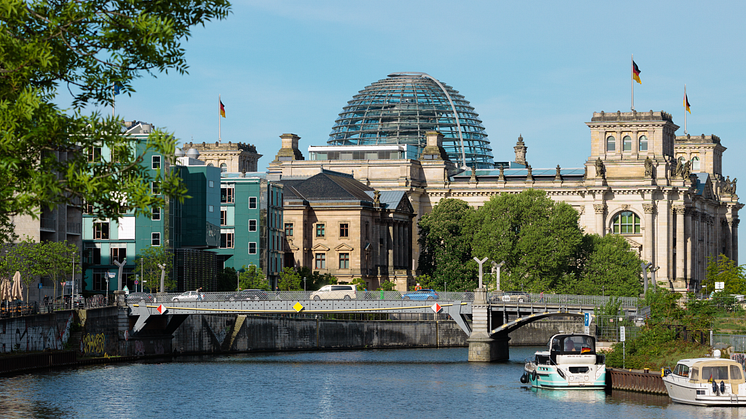
News -
DIHK Study Recommends Cap-and-Trade System for Emissions Trading
The current design of Germany’s energy transition is leading to long-term cost burdens for businesses and households that are difficult to reconcile with the country’s international competitiveness. This is the conclusion of the study “New Paths for the Energy Transition (‘Plan B’)” by the economic consultancy Frontier Economics. The study calls for a technology-neutral energy transition that reduces costs, creates room for innovation, and takes economic performance seriously as a prerequisite for effective climate protection.
Germany has already achieved considerable successes in its energy transition. However, the industrial transformation is also accompanied by significant economic costs. Rising energy prices for businesses and households are already noticeable today—among the highest in international comparison—creating growing competitive risks for the German economy. One in two industrial companies already considers the energy transition to be detrimental to their own competitiveness. The first relocations of energy-intensive production abroad (“carbon leakage”) are already emerging.
The previous strategy of the energy transition relies on electrification, massive expansion, and an almost complete rollout of renewable energy—leading to rising burdens for households and businesses. According to the study, this results in high investment requirements, increasing system costs, and implementation challenges.
As an alternative, the study proposes a comprehensive cap-and-trade system for all greenhouse gas emissions. This system should be internationally compatible, rely on innovation and competition, and avoid excessive bureaucratic control. The target trajectory could be aligned with international comparison groups (e.g., the G20) to prevent competitive disadvantages.
The state’s primary role would be coordination: grid infrastructure, innovation support, risk hedging for new technologies, and social cushioning. By allowing all low-emission technologies and flexible investment pathways, savings of more than one trillion euros could be achieved by 2050.
The study concludes that the current course of the energy transition is hardly sustainable. The proposed “Plan B” offers an alternative that combines ambitious climate protection with economic strength, cost efficiency, and international effectiveness.
The study was commissioned by the Association of German Chambers of Commerce and Industry (DIHK). DIHK President Peter Adrian emphasizes: “The figures show: with the current policy, the energy transition cannot be achieved. The energy transition only works with a strong economy.” Investments in the energy transition often lack a direct return. Therefore, these funds must first be generated elsewhere. “The burden on businesses and the population, however, has reached a level that threatens our economic location, our prosperity, and thus also acceptance of the energy transition,” said the DIHK President.

